If you locate a run-on sentence and find where the two independent clauses "collide," you can decide how best to separate the clauses. Fixing run-on sentences is very similar to fixing comma splices. You can make two complete sentences by inserting a period. You can use a semicolon between the two clauses if they are of equal importance; this allows your reader to consider the points together. You can use a semicolon with a transition word to indicate a specific relation between the two clauses; however, you should use this sparingly. You can use a coordinating conjunction and a comma, and this also will indicate a relationship.
Or, you can add a word to one clause to make it dependent. You cannot create a complex sentence without using a subordinate clause in it. Other types of sentences – compound sentences, simple sentences – can exist without subordinate clauses. When you think about it, the subordinate clause is what makes the sentence 'complex'. The subordinate clause requires the help of the independent clause for it to make sense.
It reaches back or forward across the sentence to contextualize itself, making the sentence more 'complex' in the process. Learn to distinguish conjunctive adverbs from subordinating conjunctions; they do not function in the same way. Conjunctive adverbs should be used to begin independent clauses, not to join them. Once you discover where the two independent clauses are "spliced," there are several ways to separate them.
You can use a coordinating conjunction following the comma, and this also will indicate a relationship. With compound sentences, a comma can be used to join two or more independent clauses. Independent clauses are clauses made up of subjects (or noun-phrases) and verbs .
Sentences have been defined as strings of words that are punctuated with terminal punctuation and begin with a capital letter—something we all recognize. A sentence has also been defined as an independent clause that gives a sense of completeness. A simple sentence is made up of only one independent clause. An independent clause is a group of words that contains a subject and a predicate and forms a complete thought when standing alone. The predicate refers to what the subject does or is .
A compound sentence contains two or more independent clauses linked by a coordinating conjunction. Independent clauses are those that can stand alone as complete sentences. The most common coordinating conjunctions are and, but, and or. In certain cases, nor, yet, so, and for act as coordinating conjunctions. The sentence now contains two independent clauses, as "I like to eat candy" and "I don't like to eat popcorn" could both form complete sentences.
The example has now become a compound sentence, i.e. one that contains two independent clauses joined by a coordinating conjunction . The first occurs when a writer puts no mark of punctuation and no coordinating conjunction between independent clauses. The second is called a comma splice, which occurs when two or more independent clauses are joined by just a comma and no coordinating conjunction. An independent clause has a subject and a verb and can stand alone as a simple sentence.
By identifying independent clauses you can avoid two of the most common errors in student writing, known as run-on sentences and comma splices. You will see the semicolon at play in compound-complex sentences as it can be used to connect separate complete sentences, otherwise known as independent clauses. To form a compound sentence, you will need to connect your two independent clauses together with a coordinating conjunction. There are 7 commonly used coordinating conjunctions or words.
The comma is a punctuation mark that indicates a slight break, pause, or transition. Commas are necessary before a coordinating conjunction that separates two independent clauses. Commas are necessary after introductory words, phrases, or clauses in a sentence. For additional information on coordinating conjunctions, click HERE.
See the note BELOW regarding the use of a comma between two independent clauses when the second independent clause begins with a parenthetical element or adverbial clause. As far as I know, it's a rule that a comma is needed before a coordinating conjunction that joins two independent clauses. The first example is a compound sentence with two independent clauses joined by 'and'. The second is a simple sentence consisting of one independent clause with one subject and two verbs .
For the simple sentence, a comma before 'and' is unnecessary. In some regards, compound sentences are just a writing convention. In the first article 'Using Semicolons to Connect Independent Clauses', we explained that semicolons are used in between two closely related independent clauses.
When Should Commas Be Used In Complex Sentences This article demonstrated how semicolons are used in complex sentences and lists to separate elements. For information on using colons, you can our article 'How to Use Colons Correctly'. This is the trickiest arena in which to learn comma usage. You really need to know the rest of your grammar rules well in order to properly use commas. Knowing dependent and independent clauses is essential – so bone up on it if you must! (These videos are a good place to start.) In today's post, I'm going to cover each of the four sentence structure types and let you know when and when not to use a comma.
A complex sentence consists of an independent clause and a dependent clause. A compound sentence consists of two independent clauses separated by a coordinating conjunction (acronym FANBOYS– for, and, nor, but, or, yet, so). But the semi-colon certainly tells the reader to segregate the first element from the second more sharply than the comma segregates the two elements in the first clause. An independent clause is a unit of grammatical organization that includes both a subject and verb and can stand on its own as a sentence. In the previous example, "I went running" and "I saw a duck" are both independent clauses, and "and" is the coordinating conjunction that connects them.
Separating two independent clauses with only a comma does not make a complete sentence. To make this correct, either add a coordinating conjunction after the comma or add a semi-colon. Correlative conjunctions, or paired conjunctions, are sets of conjunctions that are always used together. Like coordinating conjunctions, they join words, phrases, or independent clauses of similar or equal importance and structure.
Unlike coordinating conjunctions, they can only join two elements together, no more. Two independent sentences may be joined with a semicolon instead of a coordinating conjunction . Using a semicolon is another way of creating a compound sentence. Use of a semicolon should be limited to short independent clauses that are so closely related that they seem to belong in one sentence. Complex sentences are friends and neighbors to compound sentences.
Compound sentences contain two independent clauses — that's all there is to it. Let's break down a couple complex sentence examples into its parts. It becomes clear that the above contains two simple sentences or two independent clauses, each with its own subject-verb. It is a run-on sentence because it is written as if it were only one sentence with no punctuation to show the reader where the first clause ends and the second begins.
Is when two or more independent clauses are placed together without a semicolon, comma, or coordinating conjunction. You'll notice that there is also a coordinating conjunction to connect link the two independent clauses. This is necessary after the comma to avoid a comma splice. Below are scenarios in which a comma is incorrect. Please note again that in the above examples a comma alone is NOT one of the correct options. A comma alone between two independent clauses creates an incorrect comma splice.
An independent clause contains one subject/predicate pair and expresses a complete thought. Use a comma before any coordinating conjunction that links two independent clauses. To combine two complete sentences/ independent clauses, you have two options. You can use a comma with a conjunction, or you can use a semicolon. If you use a comma and conjunction, the acronym FANBOYS will help you remember the conjunctions .
If you use a semicolon, you do not have to capitalize the first letter of the next sentence. So, do exempt the comma from between the two independent clauses. But then use the comma to set your subordinate clause apart from the main clauses of your compound sentence. Still another way to form a compound sentence is to use a semicolon AND a conjunctive adverb between the two independent clauses. A compound sentence is one with two independent clauses joined by a coordinating conjunction . In this sentence, "for my existing workload" does not have a verb.
It is not a complete sentence and cannot stand on its own. For this reason, you do not need a comma before the word "but" because both phrases are not independent clauses. Is when two or more independent clauses are placed together with only a comma. As you may recall from above, an independent clause has a subject and a verb and can stand on its own as a sentence. Often, a coordinating conjunction will connect two independent clauses — like the word "but." And there you have the semi-colon in all its correctly-used glory.
A compound sentence consists of two or more independent clauses. A complex sentence has at least one independent clause plus at least one dependent clause. The grammatical term for a joining word is conjunction. Conjunctions refer to those words in the English language such as and or but or since or because that allow us to build more complex sentences out of simpler ones.
The conjunctions and and but are called coordinating conjunctions; the conjunctions since and because are called subordinating conjunctions. When you have two independent clauses (i.e., full sentences) that are joined by a coordinating conjunction, you have a compound sentence. When writing complex sentences, it is important to look at whether the clauses are independent or dependent clauses. If the clauses are independent and could function as separate sentences, you do need a comma. However, if the clause is dependent and relies on the independent clause before it, you do not need the comma. Otherwise known as FANBOYS, these join two independent clauses that are equal in importance to make one sentence.
They can also join equal noun phrases or other phrases. You can keep adding FANBOYS in a sentence if you want; each time you add one, you can add another clause. However, remember we like shorter sentences in English, so this isn't common. Contending that the coordinating conjunction is adequate separation, some writers will leave out the comma in a sentence with short, balanced independent clauses .
If there is ever any doubt, however, use the comma, as it is always correct in this situation. I was taught that adding a comma before a conjunction that joins independent clauses is unbreakable law. I see this law broken all the time, especially in literature, and now in my young child's homework reading assignments.
I think I inconvenienced a beloved author by adding in all the missing commas, and now I feel insufferably pompous and perhaps ignorant about this rule. You state above that the commas can be omitted if the sentence is clear even without them. This was true in the case of the author whose work I read.
Knowing when and how to use punctuation properly, particularly a comma, is often difficult. One of the more common ways a comma is used is in a compound sentence, which consists of joining two independent clauses. I have tried to find reliable references that state such exemption, but I rarely found one. The two references that I found said that a comma is not needed in such sentences with such context. I cannot find more references to confirm this opinion, so I'd like to ask for more opinions here regarding this. In the complex sentence examples shown below, the independent clause comes first.
Notice that in most examples there is no separation of the clauses by a comma, which is the general rule in complex sentences starting with an independent clause. However, the last example has a comma as it is an example of an extreme contrast. This extreme contrast refers to the clauses expressing ideas that are almost opposite in meaning or that must be heavily emphasized. An independent clause has a subject and a verb and can be a simple sentence. All of the above example sentences are independent clauses and simple sentences.
But first, to understand the true workings of complex sentences, we need to first understand the meaning of acompound sentence,anindependent clauseand adependent clause. A complex sentence is one of four main sentence structures, all of which are shown below. In these examples, the independent clauses are shaded. Complex sentences are sentences that have two clauses. There can be two independent clauses , or an independent clause and dependent clause . A comma is placed right before the conjunction in this type of complex sentence.
A sentence with two independent clauses joined by a dependent clause is called a compound-complex sentence. Coordinating conjunctions are conjunctions, or joining words, that are placed between words and phrases of equal importance. Used with coordinating conjunctions, commas allow writers to express how their complete thoughts relate to one another. They also help avoid the choppy, flat style that arises when every thought stands as a separate sentence. Semicolons (;) Semicolons are used to connect two independent clauses and to separate items in complex lists.
Don't worry; they are easy to use once you understand how they work, which we explain completely below. We'll talk about simple vs. complex sentences, independent vs. dependent clauses, and give you plenty of examples. A compound sentence must have two independent clauses – not just two verbs, two nouns, or two groups of words that are not independent clauses. A complex sentence contains an independent clause and one or more dependent clauses.
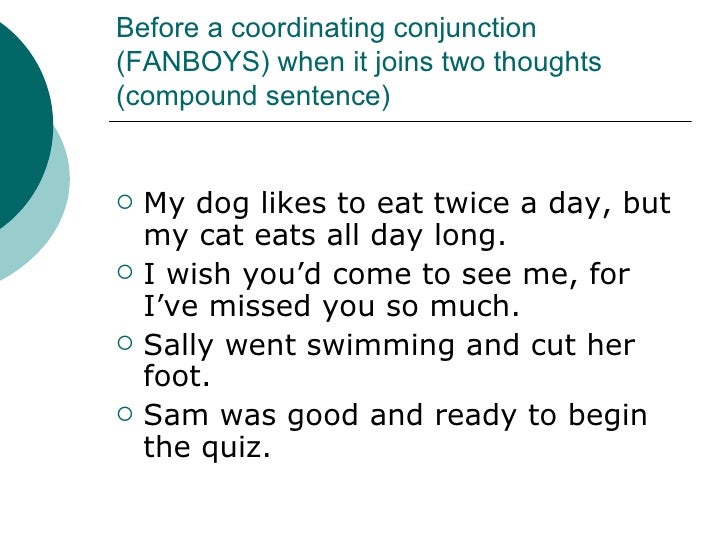




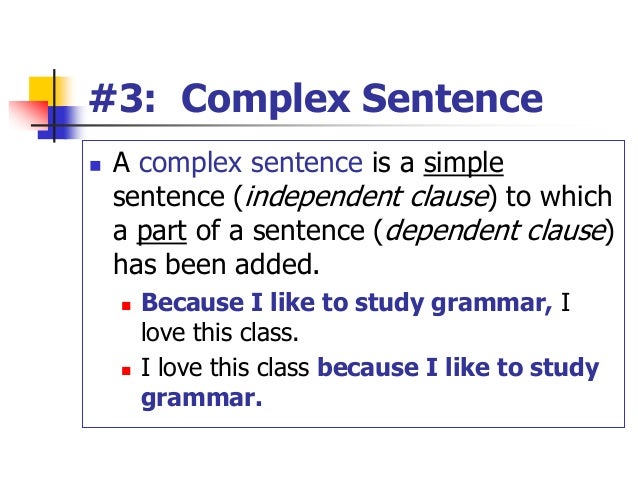
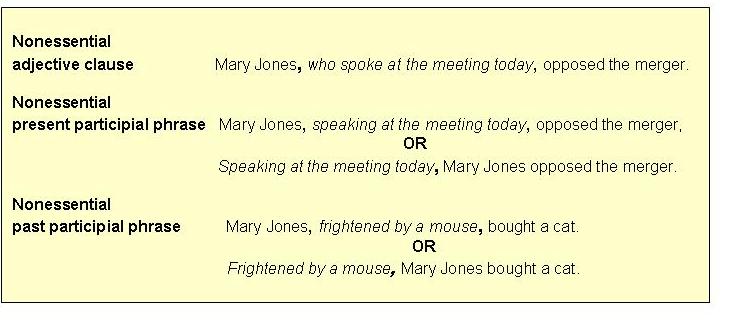
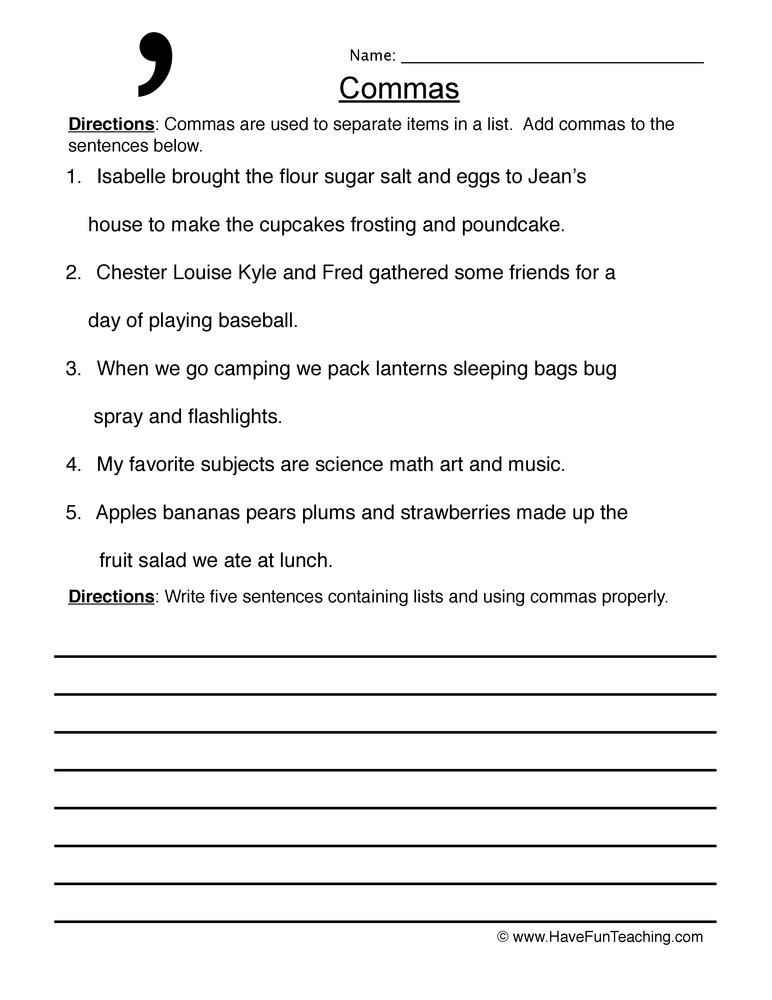




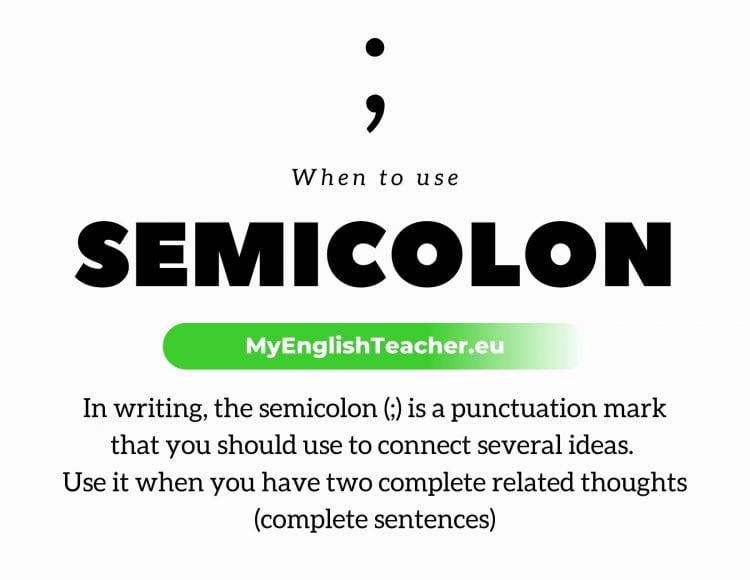






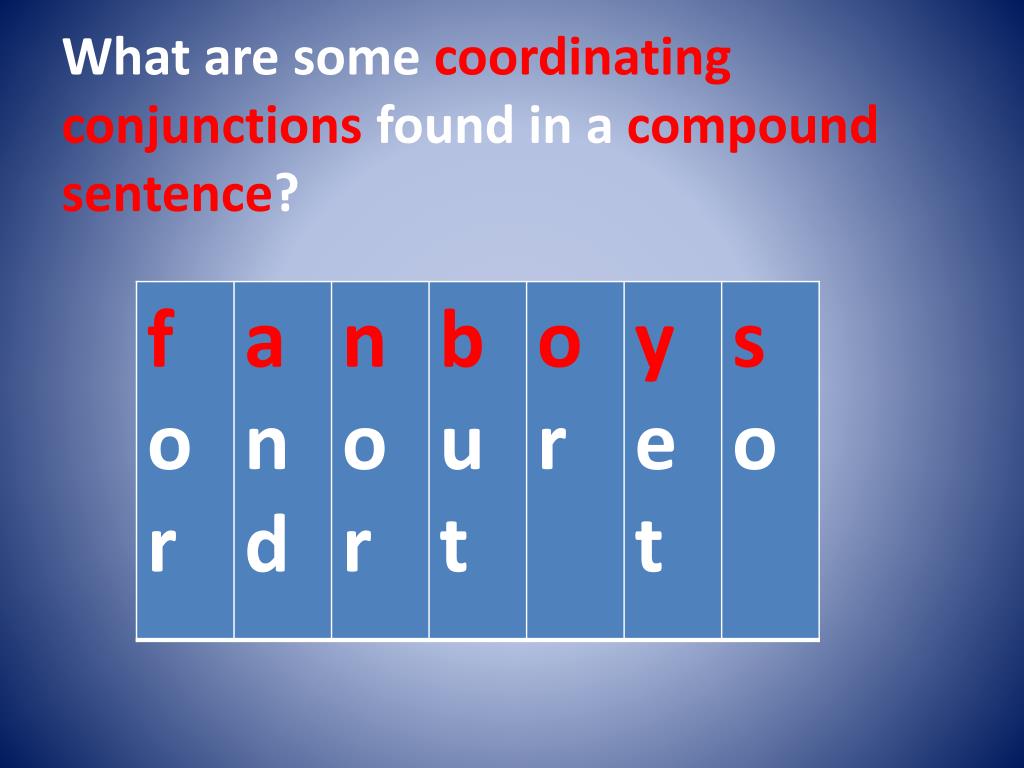






No comments:
Post a Comment
Note: Only a member of this blog may post a comment.